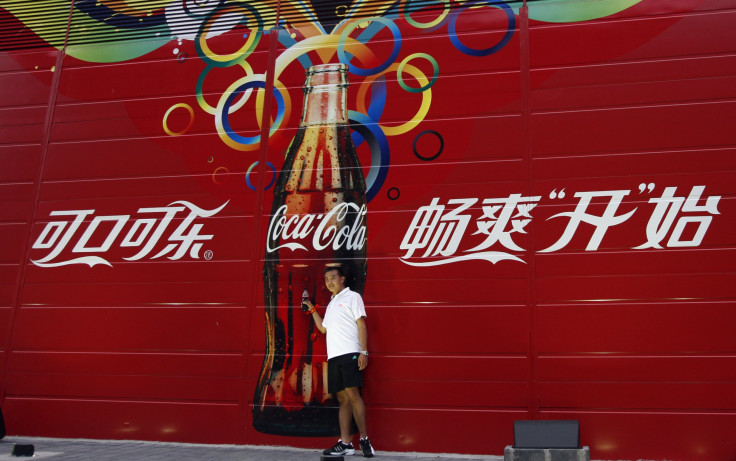Coca-Cola (KO) Continues China Expansion

The world’s largest beverage seller, the Coca-Cola Company (NYSE:KO), opened another bottling factory in China Thursday, yet another step in its $4 billion, three-year investment plan in the country.
The new plant is also Coke’s first in the key Hebei province, whose 72 million residents Coke described as one of China’s “most important growth markets.” Hebei, China’s sixth-largest province by population, has consumed 2.4 billion servings of Coke drinks, which include Fanta, Sprite, Power and Minute Maid, each year since 2008.
Both Coke and its arch-rival PepsiCo Inc. (NYSE:PEP) have counted on emerging markets like China and India, where middle classes are rapidly expanding, to grow their empires.
Coke spokesman Petro Kacur told International Business Times that Sprite is Coke's most popular drink in China, though the company declined to disclose volume sales figures, as per its policy. Kacur added that its overall volume sales in China were up 9 percent in its latest earnings, with sparkling beverage volumes up 8 percent.
A Pepsi spokeswoman declined to comment for this story, or say which Pepsi brand is its most popular China product. Previous Pepsi statements indicate that Miranda is its best-selling fizzy soft drink, and indeed China's most popular fizzy drink.
Even though Coke entered China in 1979, its investments have accelerated only lately, with $3 billion of its $5 billion total investment so far happening in 2009 to 2011.
Pepsi is no stranger to this game, though, and has also ramped up operations in China. The company allied itself with top Chinese food company Tingyi (Cayman Islands) Holdings Corp. (HKG:0322) in 2012, announcing earlier this week that this partnership has significantly sped up PepsiCo drink distribution in China, via 35 additional shared manufacturing lines.
Tingyi has opened five manufacturing plants since the Pepsi partnership began in March 2012, and already owns about 100 beverage plants, the most owned by a single company in China. In contrast, Coke owns just over 40 Chinese plants.
Pepsi planned to invest $3.5 billion in China, from 2008 to 2012, according to its latest statements on the subject.
As part of its China push, Pepsi is also trying to sell products which are more familiar to Chinese residents. It earlier cited its Tropicana Guo Bin Fen juices and Cao Ben Le drinks as inspired by traditional Chinese medicine, and maintains its largest non-U.S. research facility in Shanghai.
Pepsi employs more than 20,000 people in the country, while Coke employs more than 50,000, according to their websites.
© Copyright IBTimes 2025. All rights reserved.






















